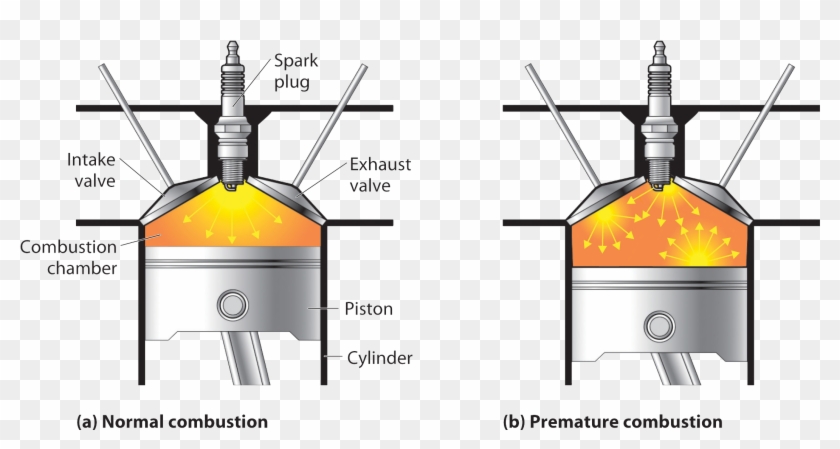Engine Knock: Causes, Symptoms, and Solutions

Delve into the world of engine knock as we explore its causes, symptoms, and effective solutions to keep your vehicle running smoothly.
What is Engine Knock?
Engine knock, also known as detonation, is a knocking or pinging sound that occurs in the engine cylinder. It is caused by the air-fuel mixture in the cylinder detonating prematurely instead of burning smoothly.
The knocking sound is often described as a metallic noise, similar to a hammer hitting a metal surface. It can be loud or subtle, depending on the severity of the knock.
Engine knock can lead to serious damage if left untreated, as it puts excessive stress on the engine components.
Now that we have a basic understanding of engine knock, let's explore its common causes.
Common Causes of Engine Knock
1. Low-quality fuel: Using low-octane fuel or fuel with a lower octane rating than recommended for your vehicle can cause engine knock. High-performance engines require higher octane fuel to prevent knocking.
2. Carbon deposits: Over time, carbon deposits can build up on the intake valves, causing hot spots and pre-ignition. This can lead to engine knock.
3. Overheating: When the engine gets too hot, the air-fuel mixture can ignite prematurely, resulting in knocking.
4. Incorrect ignition timing: If the ignition timing is too advanced, the air-fuel mixture can ignite before the piston reaches top dead center, causing engine knock.
5. Worn spark plugs: Spark plugs that are worn or not functioning properly can cause incomplete combustion, leading to knocking.
These are just a few of the common causes of engine knock. Let's move on to recognizing the symptoms.
Recognizing Symptoms of Engine Knock
1. Knocking sound: The most obvious symptom of engine knock is a knocking or pinging sound coming from the engine. It is usually more noticeable during acceleration or when the engine is under load.
2. Loss of power: Engine knock can cause a decrease in engine performance, resulting in reduced power and acceleration.
3. Poor fuel economy: If your vehicle is experiencing engine knock, it may also have reduced fuel efficiency.
4. Check engine light: In some cases, engine knock can trigger the check engine light to illuminate on the dashboard.
If you notice any of these symptoms, it is important to address the issue promptly to prevent further damage to your engine.
Effective Solutions for Engine Knock
1. Use higher octane fuel: Using a fuel with a higher octane rating than recommended by your vehicle manufacturer can help prevent engine knock.
2. Clean carbon deposits: Regularly cleaning carbon deposits from the intake valves can reduce the risk of engine knock.
3. Maintain proper engine temperature: Ensure that your vehicle's cooling system is functioning properly to prevent overheating and engine knock.
4. Check and adjust ignition timing: If the ignition timing is incorrect, have it checked and adjusted by a professional to prevent engine knock.
5. Replace worn spark plugs: If your spark plugs are worn or damaged, replacing them can improve combustion and reduce engine knock.
By implementing these solutions, you can effectively address engine knock and prevent further damage to your vehicle.
Preventative Measures to Avoid Engine Knock
1. Use high-quality fuel: Always use fuel with the recommended octane rating for your vehicle to prevent engine knock.
2. Regular maintenance: Follow your vehicle's recommended maintenance schedule, including regular oil changes, to keep your engine in good condition.
3. Avoid aggressive driving: Excessive acceleration and high engine loads can increase the likelihood of engine knock.
4. Use fuel additives: Fuel additives can help clean the fuel system and reduce the risk of carbon deposits.
5. Listen to your engine: Pay attention to any unusual sounds or vibrations coming from your engine and address them promptly.
By following these preventative measures, you can minimize the risk of engine knock and ensure the longevity of your vehicle's engine.

 Loading..
Loading..